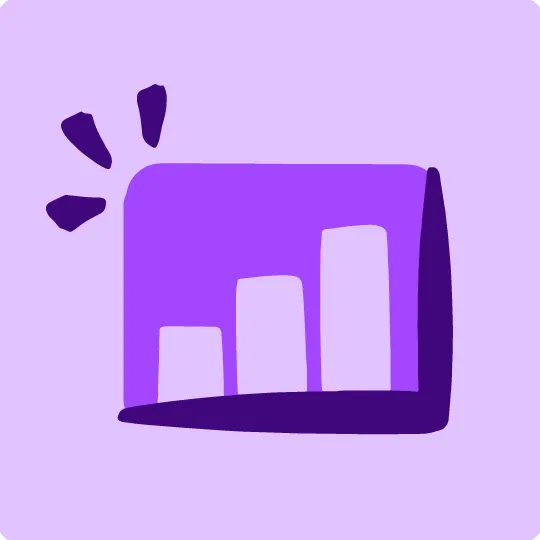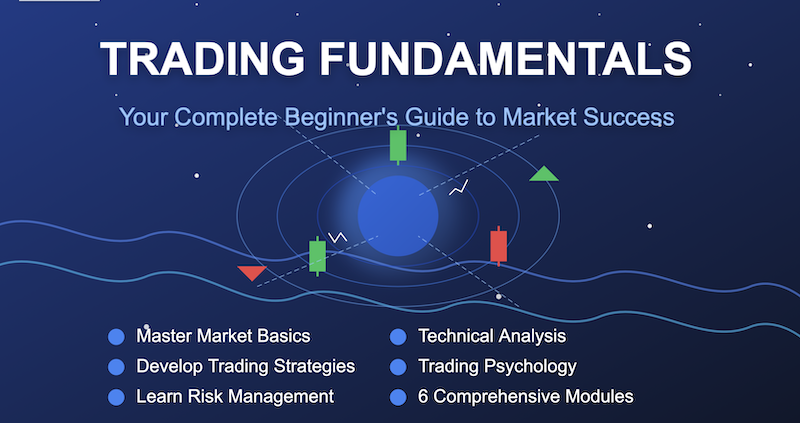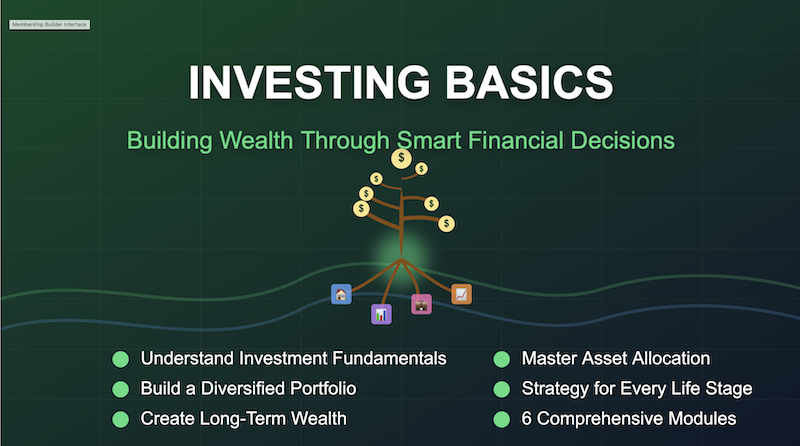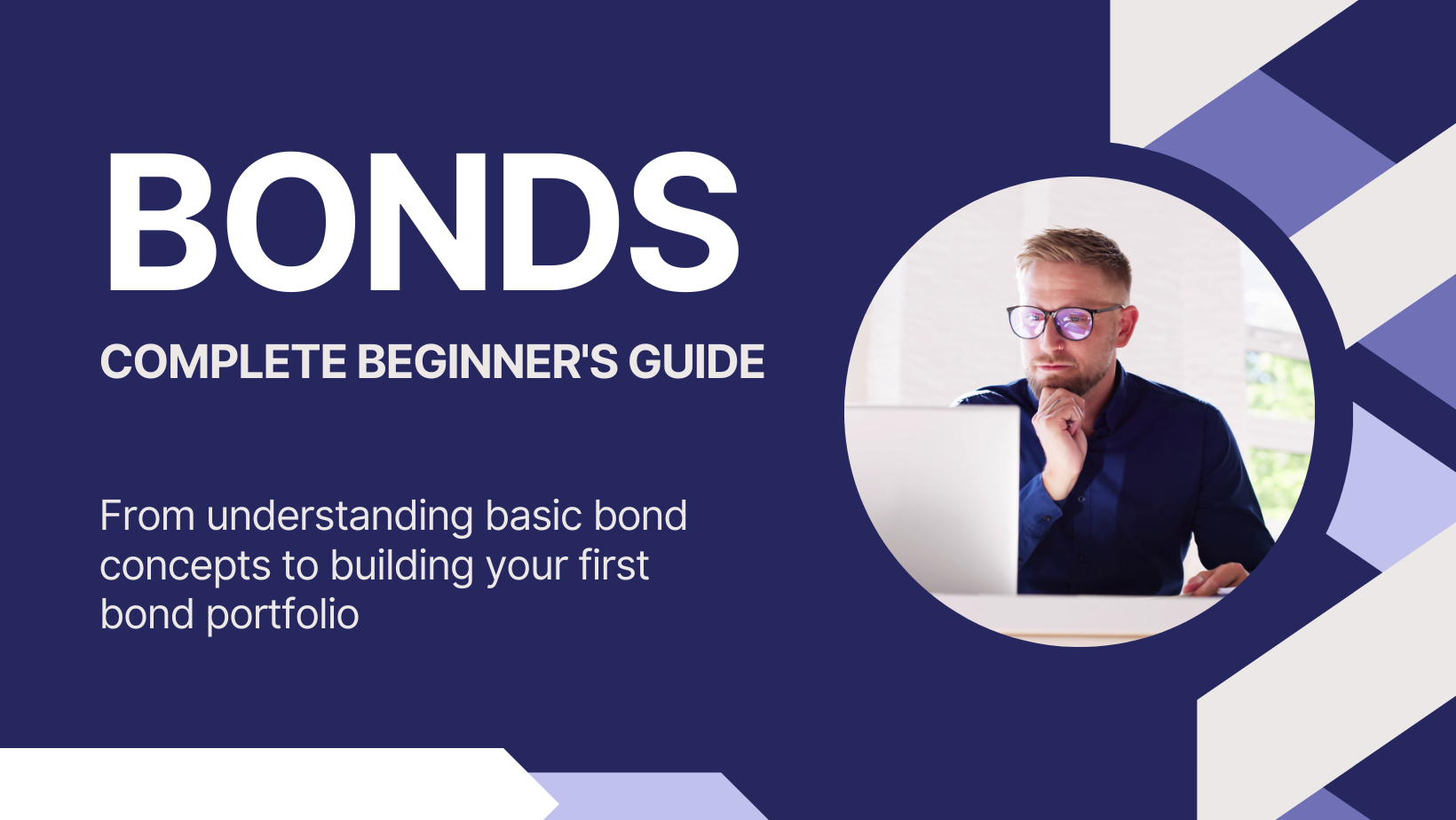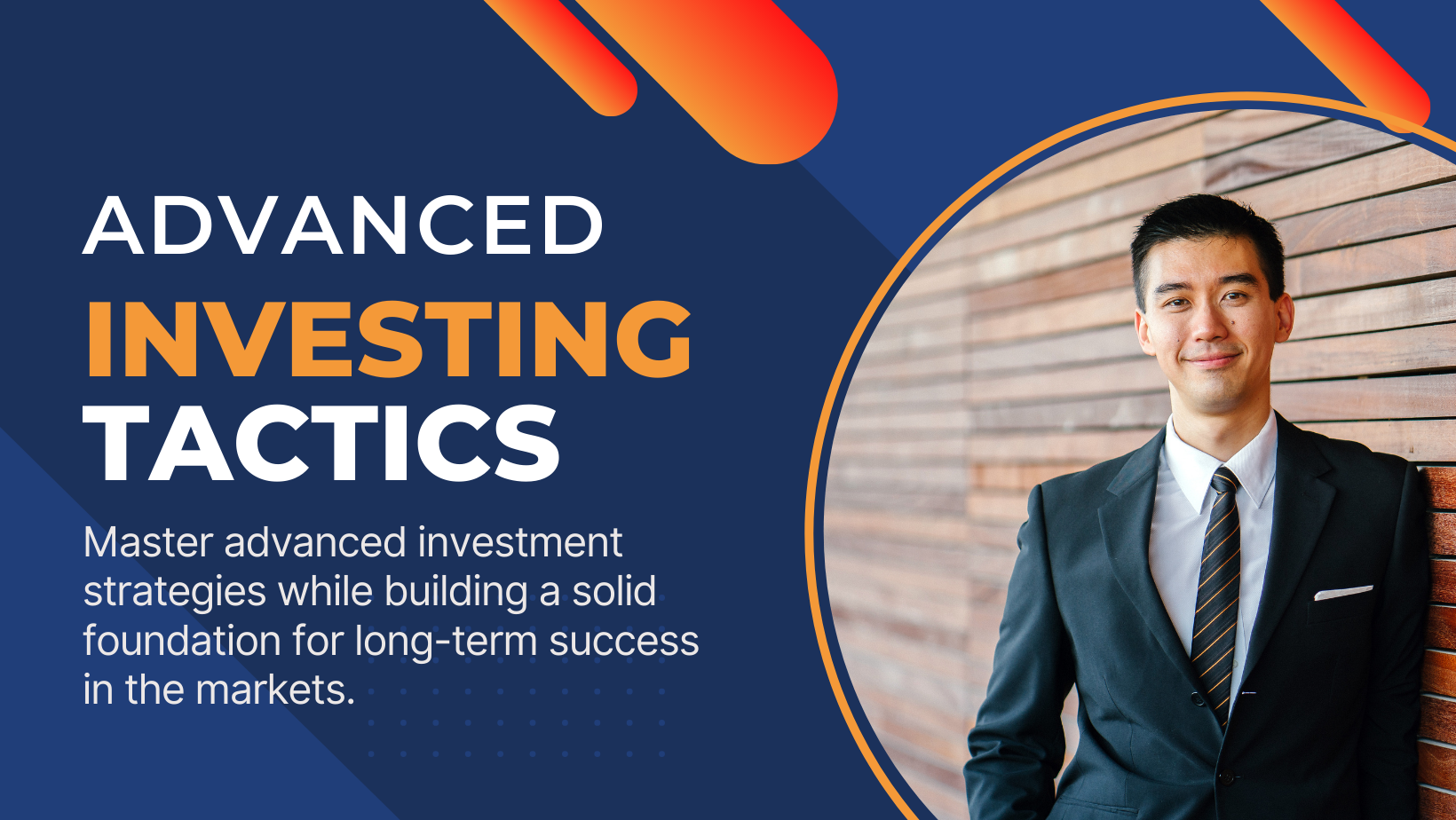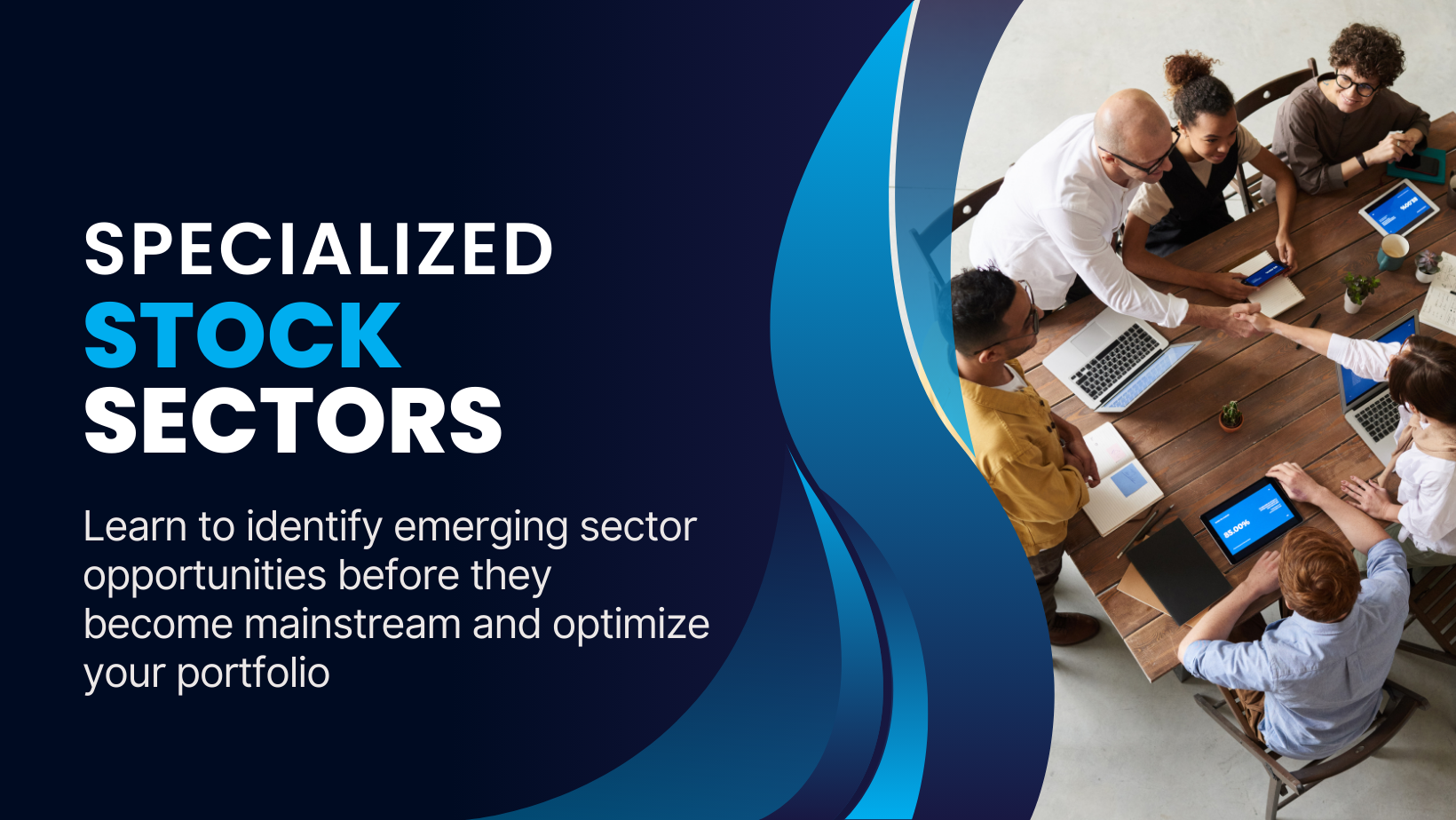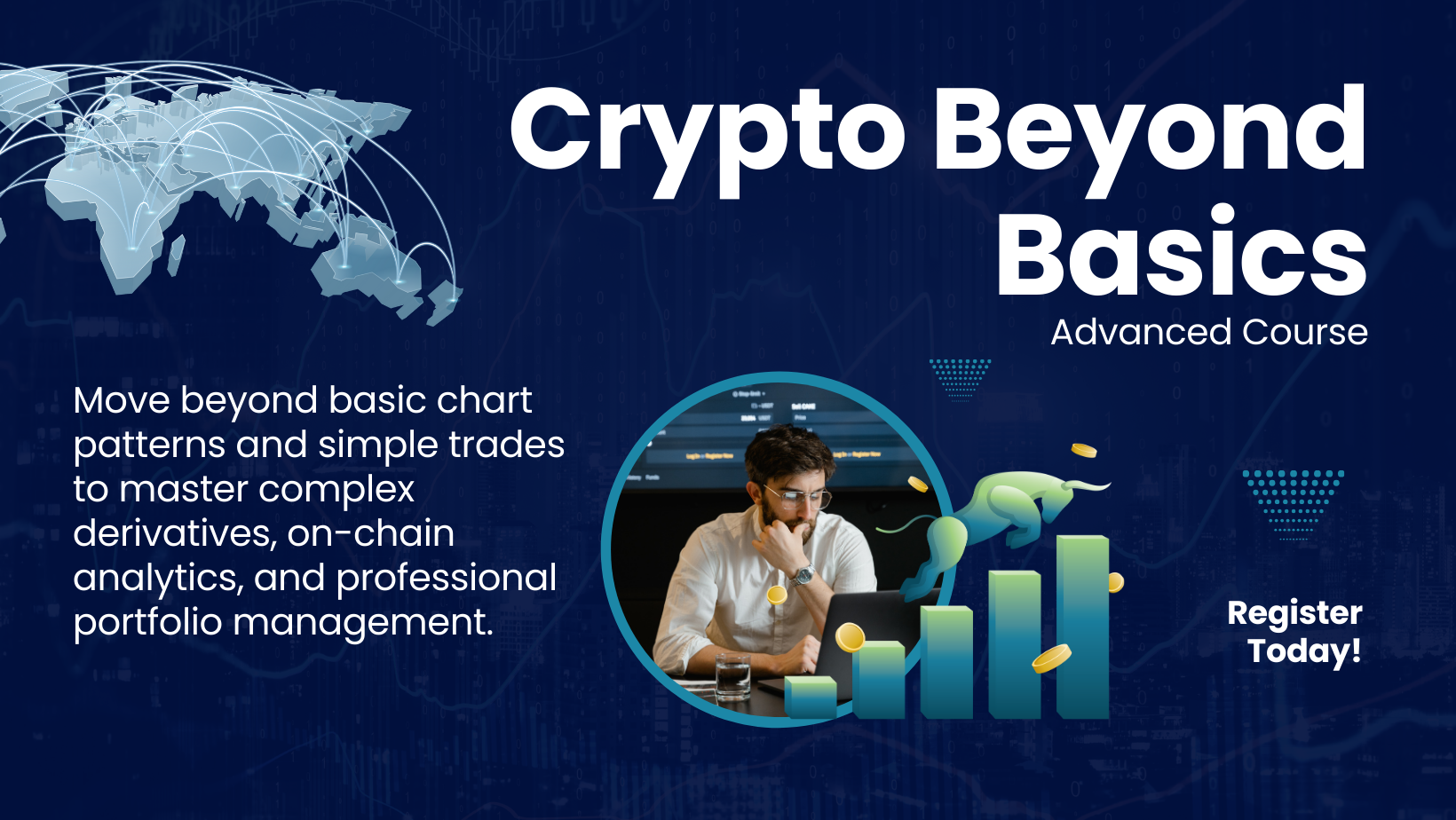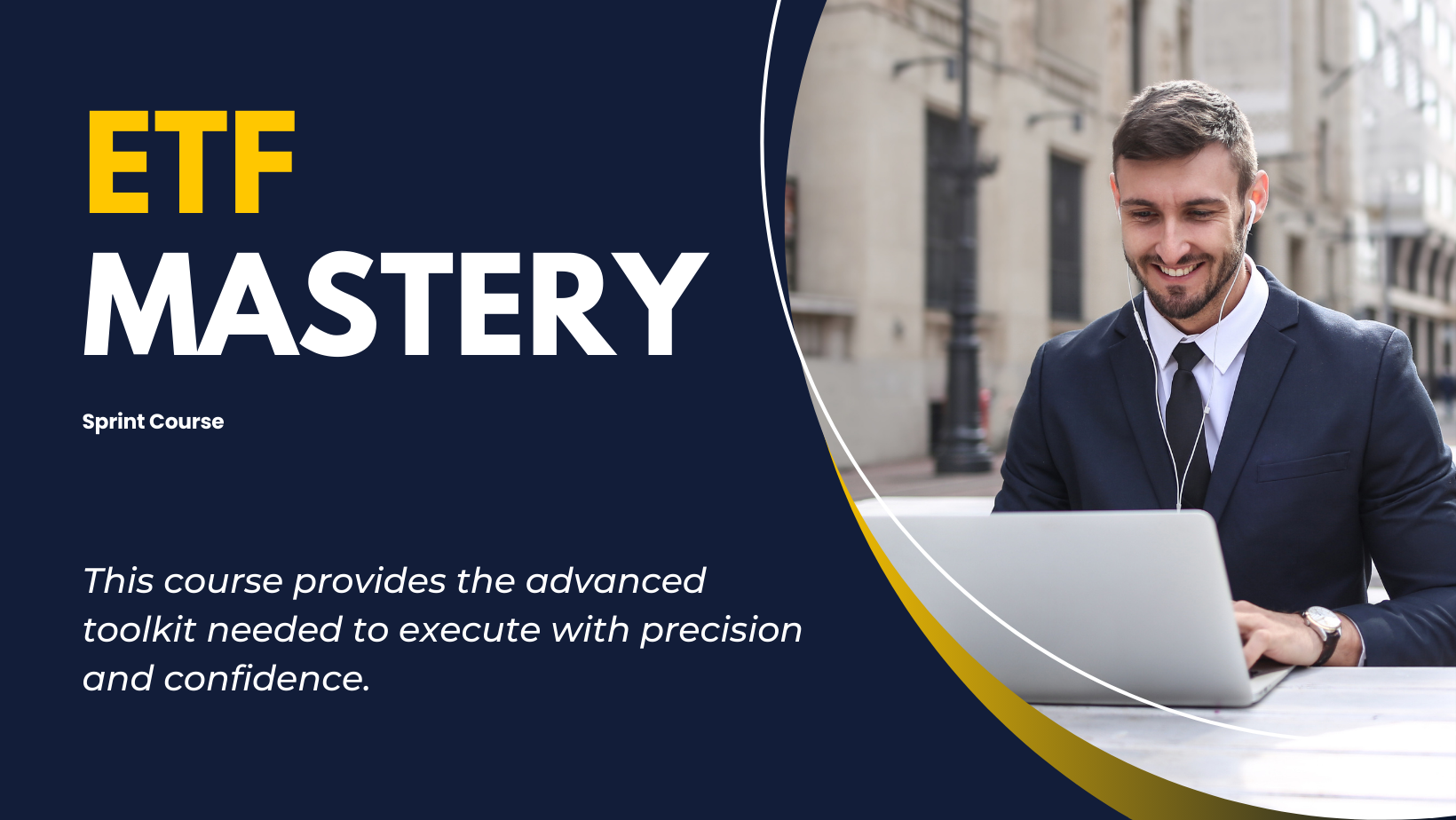Your Brain on Trading (Why Smart People Make Dumb Trades)
Key Points
⚡Emotions like fear and greed drive 90% of trading failures, not lack of technical knowledge
⚡Successful traders develop emotional regulation skills to make consistent decisions under pressure
⚡Brain imaging shows losing money activates the same neural regions as physical pain
⚡Mental discipline and systematic approaches help overcome hardwired survival instincts that hurt trading
The Caveman in Your Portfolio
Your brain was designed 50,000 years ago. Back then, seeing a rustling bush meant one thing: run or become lunch.
That same brain now tries to handle stock charts and cryptocurrency swings. It's like asking a typewriter to send emails.
Here's what happens: You buy a stock at $100. It drops to $95. Your ancient brain screams "DANGER!" The same neurons that kept your ancestors alive now sabotage your portfolio.
The Pain of Paper Losses
Scientists put traders in brain scanners. They discovered something remarkable: losing money lights up the same brain regions as physical pain.
Your brain literally thinks a 10% portfolio drop is like breaking your arm. No wonder you panic-sell.
The Overconfidence Epidemic
Sarah made $5,000 on Tesla stock in 2021. She felt brilliant. Invincible. She started trading options, cryptocurrency, meme stocks.
By year-end, she'd lost $15,000.
Sarah's story isn't unique. Research shows overconfident traders make 45% more trades and earn 23% lower returns. They mistake luck for skill.
Two Types of Traders
The 90% who fail: They trade like their hair is on fire. Every market move demands action. They're busy being busy.
The 10% who succeed: They trade like snipers. Patient. Selective. They wait for their moment, then act with precision.
The Social Media Trap
Instagram shows you winning trades. Twitter celebrates home runs. Discord groups share rockets and moon emojis.
You never see the losses. The quiet exits. The deleted screenshots of red portfolios.
This creates a dangerous illusion: Everyone's getting rich except you.
Your Assignment
Before your next trade, ask yourself:
Am I trading or gambling?
What emotion am I feeling right now?
Would I make this decision with my child's college fund?
Your paleolithic brain will always be with you. But awareness is the first step to outsmarting it.

